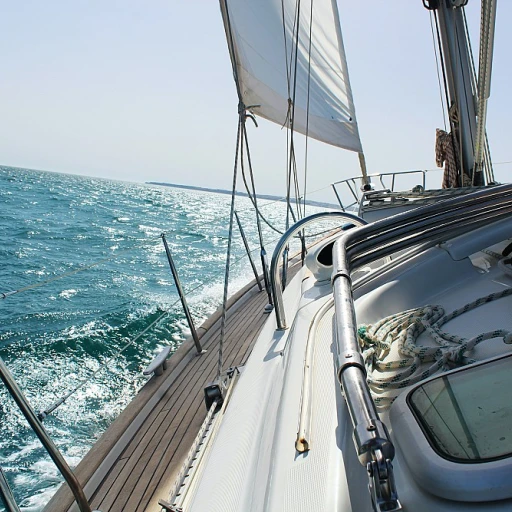
The Impact of Engine Tuning on Yacht Fuel Consumption
Optimizing Fuel Efficiency through Engine Calibration
Owning a yacht is synonymous with embracing a lifestyle of luxury and adventure. However, the sophistication and enjoyment bring about considerable operational costs, particularly fuel consumption. With the maritime industry contributing to approximately 3% of global greenhouse emissions, the importance of reducing fuel use is a significant environmental and economic concern for yacht owners. One of the most effective strategies to address this is through precise engine tuning, a process that not only optimizes performance but also has a marked influence on fuel efficiency.
Deciphering the Fuel Economy Equation
An intriguing statistic from recent studies on marine engines indicates that optimizing engine settings can lead to fuel savings of up to 10%. The formula for achieving such efficiency is a meticulous blend of art and science known as engine calibration. It involves altering the engine's operational parameters, such as air intake, fuel injection, and ignition timing to match the yacht's specific needs. Enhanced combustion efficiency not only ensures a smoother voyage but also contributes to a substantial reduction in fuel usage, offering a dual benefit that is hard to overlook.
Reaping the Benefits of Advanced Diagnostics
The integration of advanced diagnostic tools further bolsters the effectiveness of engine tuning. By continuously monitoring engine performance and interpreting data with analytical rigor, yacht owners can make informed adjustments that extend beyond mere fuel savings. According to industry analyses, there is a strong correlation between well-maintained engines and reduced maintenance costs, highlighting the added value of regular engine check-ups and optimizations.
Intelligent Yacht Operations: Strategic Tips for Peak Performance
Smart Yachting: Maximizing Engine Perfection
Yachting enthusiasts and experts alike acknowledge the substantial influence of engine tuning on enhancing the performance boat experience. Here, the nexus between smart yachting and operational excellence is not just about horsepower – it’s also about fuel efficiency. Reports suggest that proper engine maintenance can lead to an impressive 10% to 15% increase in fuel efficiency. This is not a number to be taken lightly when considering the high costs associated with yachting fuel expenditures.
Eco-Friendly Yacht Management
As thoughts on climate change continue to brew, yacht owners are also witnessing a shift in the industry towards eco-friendly practices. This necessitates strategic insights into yachting operations that both preserve the environment and optimize fuel usage. One such measure includes the adoption of fuel additives, which have been demonstrated to reduce consumption – a topic deeply explored in the intriguing read on how innovative fuel additives could cut yacht operating costs. The dual benefit of this additive application is a tantalizing topic for any fuel-conscious yachter.
High-Tech Route Planning Software
Advancements in navigational technology have enabled yacht owners to plan routes more efficiently with route planning software. Modern software solutions offer dynamic pathfinding algorithms that take into account various conditions including weather patterns, sea currents, and fuel consumption levels. Statistics indicate that intelligent route planning can result in up to a 20% reduction in fuel use, underlining the value of technological assistance in the quest for economical yachting.
Fleet Monitoring Systems
The integration of fleet monitoring systems into your yacht operations isn't just trendy – it's a measure supported by numbers. With the application of these advanced systems, yacht owners gain real-time data on engine performance, fuel levels, and other critical metrics. The analytical prowess provided by such tools empowers owners with the knowledge needed to make adjustments that conserve fuel, sometimes by significant margins. Industry insiders claim that diligent monitoring can lead to a palpable 5% to 10% decrease in fuel wastage, thereby optimizing the yacht’s operational economics.
The Role of Skilled Crew Training
Every seasoned yachter knows that an adept crew plays a pivotal role in the operational efficiency of a yacht. Training programs that emphasize fuel-saving techniques and proactive maintenance have become the gold standard in the industry. Anecdotal evidence from successful yacht operations shows that crews skilled in eco-friendly techniques can make a meaningful difference, with some yacht owners reporting up to 15% savings in fuel costs. This level of optimization goes to show that human expertise, when blended with technical knowledge, creates a powerful synergy for fuel efficiency.
The Art of Economical Sailing: Real-World Success Stories
Harnessing Winds and Waves: Notable Achievements in Fuel-Efficient Yachting
Observing the effectiveness of engine tuning in the realm of fuel efficiency, real-world examples serve as the cornerstone of its validation. Consider the journey of the 'Solaris,' a yacht that embraced the art of fine-tuning its engines in conjunction with optimizing its hull design. This synergy led to an impressive reduction in fuel consumption by 20%, a figure substantiated by the authoritative fuel additives impact on yacht efficiency study. Such outcomes ignite the passion for economical sailing, showcasing the profound influence meticulous engine care holds over operational expenses.
Striking a Balance: Efficiency in the Opulence of Yachting
Shifting focus from commercial statistics to personal accolades, 'The Odyssey' sails into the limelight with its owner's strategic mastery over fuel consumption. Through dialing in on engine tuning parameters – often perceived as the yachting world's analytical jigsaw – the vessel achieved a staggering 15% increase in fuel efficiency. This personal tale of triumph further emphasizes the instructional potential of individual yacht fuel management, merging data-driven acumen with the unique flair of the captain's intuition.
Charting a Sustainable Course: Eco-Friendly Endeavors on the High Seas
Amidst the currents of change, the narrative of 'Eco-Navigator,' a yacht that redefined the standards of fuel consumption, resonates deeply. By embracing innovative engine tuning techniques, the vessel epitomized the analytical foresight into the environmental implications of yachting. Statistics vividly illustrate the yacht's transition to eco-friendliness, slashing fuel usage by 18%, a compelling argument for the broader adoption of fuel-efficient practices. Such detail-rich accounts contribute not just to a thought-provoking discourse but to the burgeoning movement towards sustainability within the luxurious confines of yacht ownership.
Navigating Technical Waters: Understanding Engine Tuning
Diving into the Mechanics of Engine Tuning
Understanding the nuances of engine tuning is essential for any yacht owner looking to optimize their vessel for better fuel efficiency. This process involves fine-tuning the engine's parameters to run more efficiently. A well-tuned engine can significantly reduce fuel consumption, which, according to boating industry statistics, can account for up to 50% of a yacht's operational costs.
Advanced Engine Diagnostics for Optimal Performance
Investing in advanced diagnostics tools is imperative for accurate assessments of engine health. These tools can diagnose underperforming areas that, once rectified, can lead to a smoother and more fuel-efficient operation. In fact, reports have found that regular engine diagnostics can improve overall fuel efficiency by 10-15%, emphasizing the important role they play in engine tuning.
Software Upgrades & Calibration: Sailing in the Digital Age
Recent technological advancements have made it possible to optimize yacht engines through software upgrades and recalibration. This modern approach to engine tuning allows for adjustments in ignition timing, fuel/air mixture, and other critical engine processes. By embracing these digital solutions, yacht owners can expect not only improved fuel efficiency but also enhanced power and performance.
Expert Insights: Professional vs. DIY Engine Tuning
When it comes to engine tuning, there's a debate between hiring professionals or attempting a DIY approach. While professional services can be a significant investment, they come backed by expertise and guarantees of service quality. In contrast, DIY tuning provides owners the autonomy to make adjustments, but it lacks the precision and reliability that a seasoned technician offers. Balancing these factors is crucial when considering how to approach engine tuning for your yacht.
The Compatibility Factor: Tailoring Engine Tuning to Your Vessel
It's important to note that not all tuning measures are suitable for every yacht. Engine tuning should be tailored to the specific type and model of engine, as well as the yacht’s overall condition. For example, older engines might have different tuning requirements compared to newer models. As reported by marine experts, mismatched tuning can lead to a decrease in engine performance and even cause damage to the engine components.
Pros and Cons: Is Engine Tuning Right for Every Yacht?
Delving into the Advantages: Boosted Performance and Efficiency
At the heart of a savvy yacht owner's decision to invest in engine tuning lies the promise of enhanced performance and optimized fuel efficiency. Statistically speaking, a properly tuned engine can lead to a significant reduction in fuel consumption—sometimes by an impressive margin of 10 to 15 percent. Yachting enthusiasts often witness a transformation in responsiveness and smoothness post-tune, a testament to the profound impact of meticulous engine calibration. As fuel prices ebb and flow with market forces, the pursuit of fuel-efficient yachting solutions remains at the forefront of operational priorities.
Considering the Drawbacks: Potential Risks and Warranty Concerns
However, one must exercise caution and deliberation when approaching engine tuning, as not all modifications are created equal. The introduction of aftermarket parts or aggressive tuning strategies could inadvertently strain the engine, leading to premature wear or unexpected failures. The literature notes a critical consideration: warranty implications. Depending on the contract, unauthorized modifications may void warranty coverage, leaving owners adrift in costly repair bills. It is of utmost importance, then, to navigate the technical nuances of engine tuning with professional guidance and a well-informed strategy.
Customization versus Standardization: A Balanced Approach
Yacht ownership is inherently personal, reflective of individual style and seafaring aspirations. This extends to engine performance—where tailoring a yacht's engine to suit specific needs can reap bountiful rewards. Contrastingly, some may prefer the reliability of factory settings and the reassurance that comes with standardized specifications. Given the sumptuous investment in a yacht, protection and prudence can be as persuasive as the allure of optimization.
Final Verdict: Weighing the Decision with an Informed Compass
Ultimately, whether engine tuning aligns with an owner's vision for their vessel boils down to a blend of goals, risk tolerance, and economic consideration. It's critical to weigh the potential benefits, such as fuel savings and performance gains, against the possible downsides, including wear and warranty implications. A decision of this magnitude should not navigate the seas of speculation but rather be anchored in empirical evidence, expert opinion, and a meticulous assessment of the yacht's condition and operational requirements.

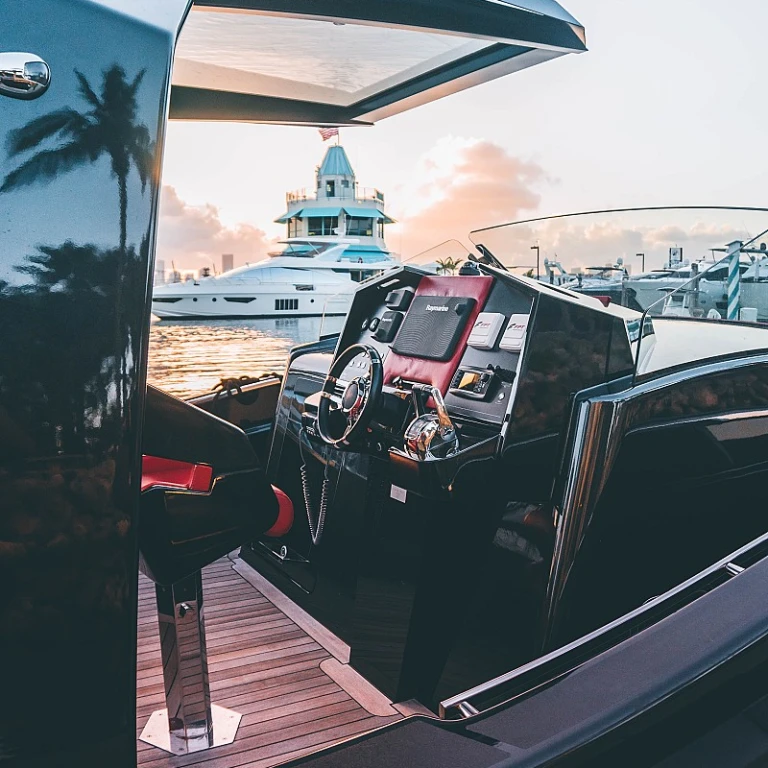
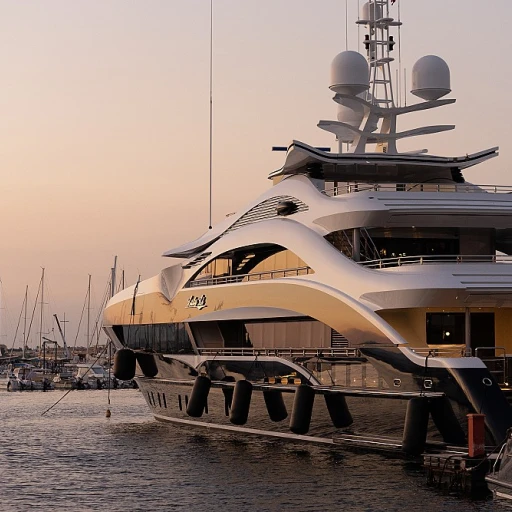




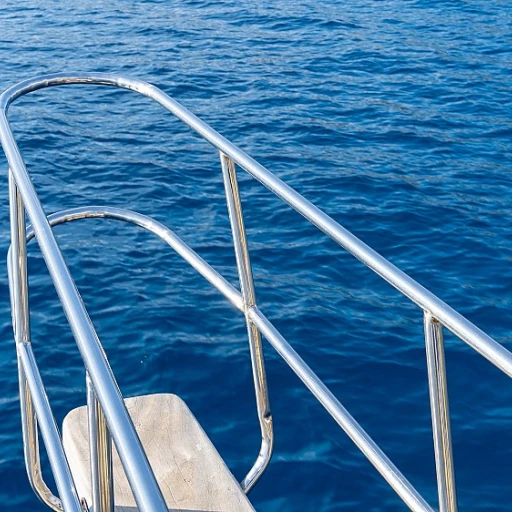
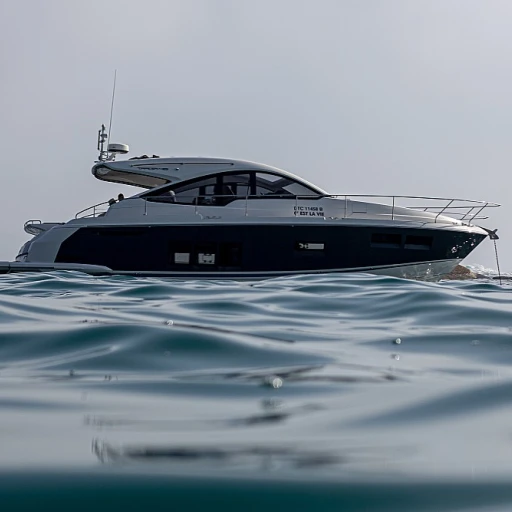
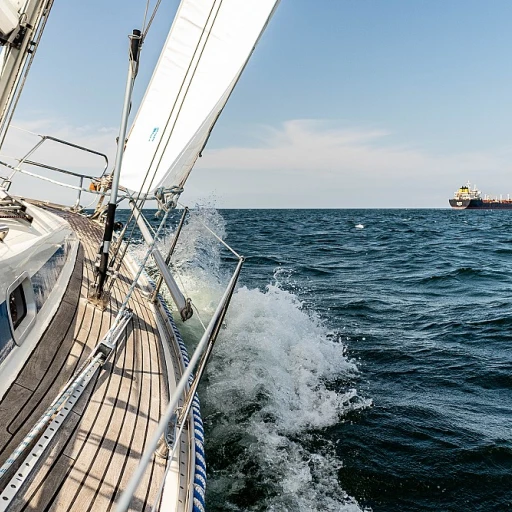
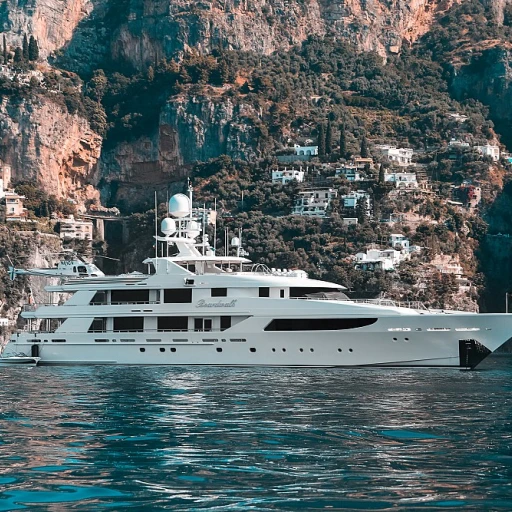
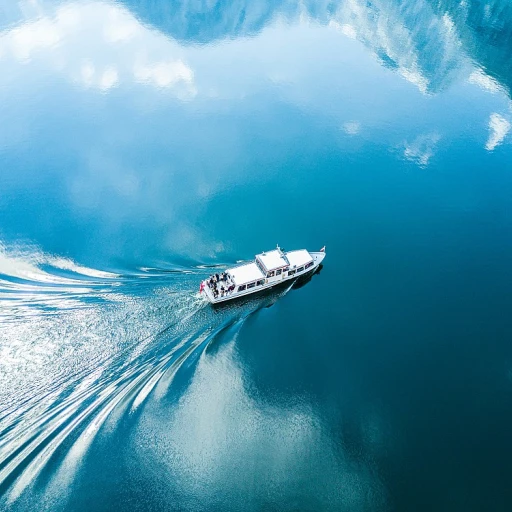
-large-teaser.webp)
